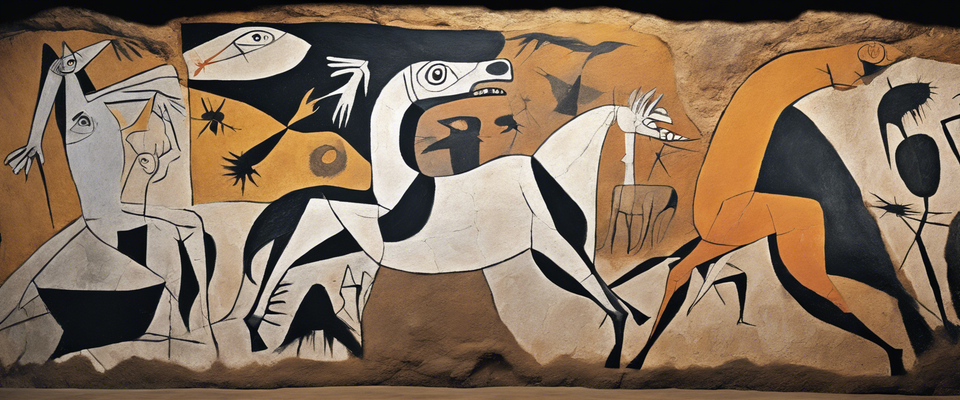Attempts at pluralism

I see a fundamental tension between creating a format for something to happen, and willing others to freedom. When I give workshop participants the prompt, “Write about anything for 10 minutes” there is a trouble in it, the duality of all support as constraint, all structures as cages, just as all words are half-truths, as easily worse than useless as they are nourishment for the soul, essential ingredients in some mysterious quest of becoming. (I say “some” not “the” because I feel unable to claim how many ends it may have, a feeling which leaves me outside the company of most religious or spiritual traditions as far as I have understood them, speaking on “the” good, not “a” good much less “some” goods.)
Willing others to freedom looks to me like a contradiction of terms, as much as I like the idea, as much as de Beauvoir feels to me somehow kinesthetically true in a way even the rigors of mathematics have not. I cannot imagine being a parent and not being acutely attuned to this, perpetually navigating the cultivation of and barter with different aspects of self. It is messy, horribly messy like watching a ladybug roll tank-like down the stem of a plant and crushing, devouring genocidal quantities of aphids on a daily basis. And so the plant grows.
What is more generous: an offering in some direction or silence? (It is a trick question, useful only like a spring-loaded hand strength trainer for those with jars to open.) We can give each other starting places, share tales from our own roads, draw up stories from the creative wellspring tapped by our consciousness (possibly shared, possibly not) to resonate with each other, yet there is unspeakable subtlety to craft which might just matter more than any broad notion of approach. I mean to say the eyes, the face, the voice as it speaks, the rhythms and speed–these are the elements of an offering wrapped in words, the words themselves only the wrapping.
Instead of solely the mind’s development along the page, instead of lonely thoughts or reason, what if there is something else also imbued in the words, subtle beyond speaking on, a trace of state left by something underneath or behind the maker? It sounds metaphysical, no? To even suggest that there is something in the words that no amount of science or theory can properly account for or describe. The idea that connotation is grander than what is associated, that each word is an entire world unto and inside of the reader, that meter is not about measurement but a feeling of being in time, that speech is also the experience of life…
The rigors of formalism attempt to shine such ineffabilities as rainbows through a crystal, to give shape and renewed expression as our species is old and invention as it is young despite nothing new being under the sun from Guernica to the caves at Lascaux which Picasso did visit and of which simply said “We have learned nothing”.
Member discussion